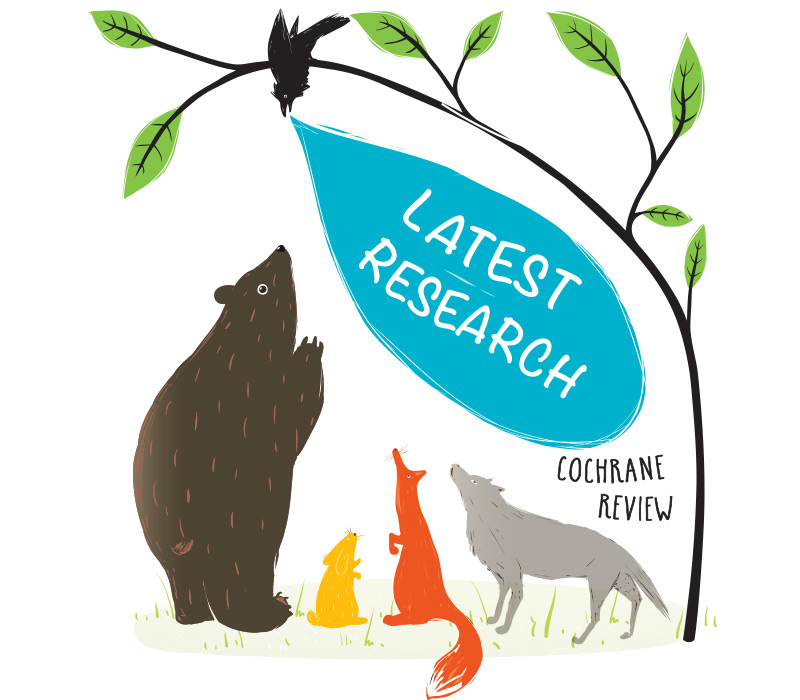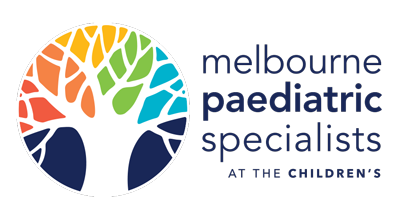Cochrane Review – Intrathecal baclofen for treating spasticity in children with cerebral palsy
Intrathecal baclofen is an established therapy for children with significant spasticity due to cerebral palsy.
A recent study has gathered and analysed the best available research regarding this treatment, finding that there is some positive evidence regarding its effectiveness for children with cerebral palsy
The study by Dr Monika Hasnat*, published by the Cochrane Library in November 2015, concluded that there is a small amount of evidence from studies performed to date that intrathecal baclofen is an effective treatment for reducing spasticity in children with cerebral palsy in the short-term.
The effect of intrathecal baclofen on spasticity in children with cerebral palsy over the long term is less clear.
The research also provides evidence that intrathecal baclofen therapy improves the comfort, ease of care and some aspects of quality of life for children with cerebral palsy. The review also concluded that more research is needed to establish these findings with greater certainty.

Cochrane Reviews are recognised as the highest standard in evidence-based health care resources. The Cochrane methodology involves searching for and assessing the best available published evidence regarding a therapy or intervention using stringent guidelines, to establish whether or not there is conclusive evidence about a specific treatment.
Full results of the study, including a Plain Language Summary are available online as part of the Cochrane Library at:
View Full Article →Hasnat MJ, Rice JE, O’Donnell ME, Intrathecal baclofen for treating spasticity in children with cerebral palsy. Cochrane Systematic Review. November 2015
*Dr Monika Hasnat, Paediatric Rehabilitation Medicine Specialist
– the Royal Children’s Hospital, Parkville
Melbourne Paediatric Specialists at the Children’s


